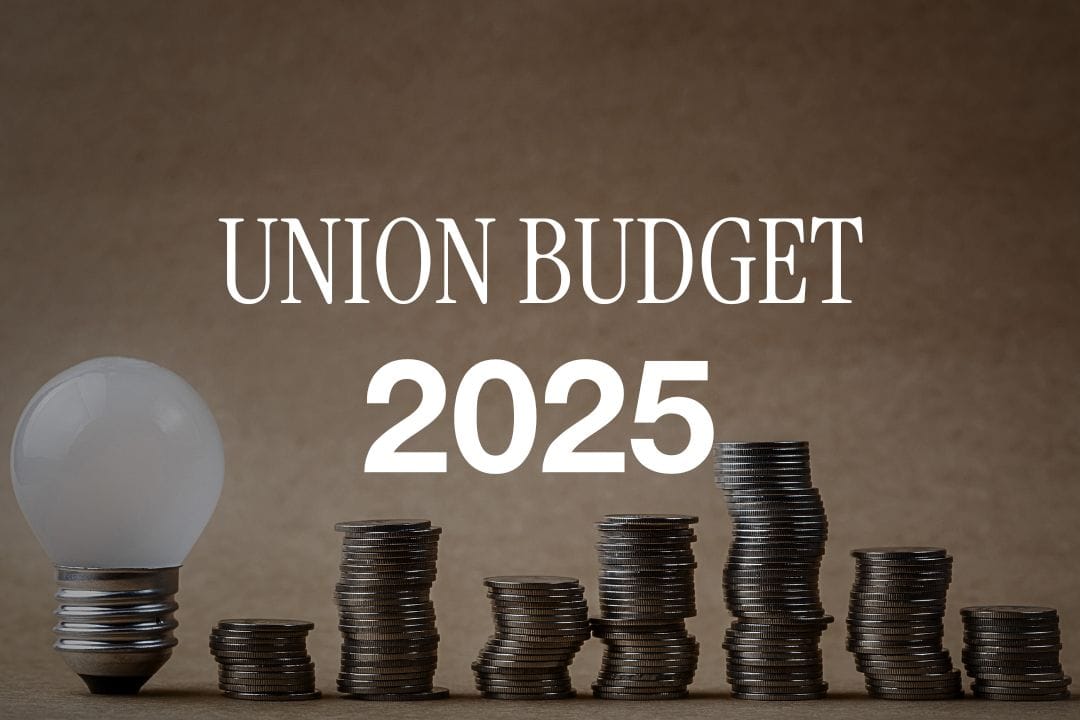Budget 2025: What NRIs Need to Know About New Tax Rules

The budget for the financial year 2025-26 was announced on the 1st of February 2025, with some key updates relevant to Non-Resident Indians (NRIs). While taxation remained a primary area of interest, the budget also introduced significant policy reforms and enhancements for GIFT City, India’s offshore financial centre.
This blog breaks down the key takeaways for NRIs under three broad categories: taxation, policy updates and developments in GIFT City.
Taxation changes
In Budget 2025-26 one of the major highlights was the revision of income tax slabs under the new tax regime, which applies to both Resident Indians and NRIs. The revised tax slabs are as follows:
Income tab slab (FY 2024-25) | Tax rate | Income tax slab (FY 2025-26) | Change |
Up to Rs. 3 lakhs | 0% | Up to Rs. 4 lakhs | Slab threshold increased by Rs. 1 lakh |
Rs. 3 -7 lakhs | 5% | Rs. 4 lakhs - Rs. 8 lakhs | Slab threshold increased by Rs. 1 lakh |
Rs. 7-10 lakhs | 10% | Rs. 8 lakhs - Rs. 12 lakhs | Slab threshold increased by Rs. 1 lakh on lower limit and Rs. 2 lakh in upper limit |
Rs. 10-12 lakhs | 15% | Rs. 12 lakhs - Rs. 16 lakhs | Slab threshold increased by Rs. 2 lakh on lower limit and Rs. 4 lakh in upper limit |
Rs. 12-15 lakhs | 20% | Rs.16 lakhs - Rs. 20 lakhs | Slab threshold increased by Rs. 4 lakh on lower limit and Rs. 5 lakh in upper limit |
Nil | 25% | Rs. 20 lakhs - Rs. 24 lakhs | New tax slab introduced |
> Rs. 15 lakhs | 30% | Above Rs. 24 lakhs | Slab threshold increased by Rs. 9 lakhs |
While the tax slabs have been made more progressive, the key point to note is that the rebate under Section 87A for income below Rs. 12 lakhs is not available for NRIs. Despite the changes in slabs, NRIs will not benefit from the tax exemption that resident individuals earning up to Rs. 12 lakh will receive.
Additionally, there were no changes in tax rates or holding periods for assets. The existing long-term and short-term capital gains tax rules continue to remain the same.
Another significant change is regarding investments in Category I and II Alternative Investment Funds (AIFs). This includes venture capital, private equity and debt funds. The budget clarified that income from these AIFs will now be treated as capital gains and taxed at 12.5% instead of slab rates. This move reduces the tax burden on NRIs investing in AIFs.
Lastly, the timeline for filing revised income tax returns has been increased from two years to four years. This will be helpful for NRIs who may have unintentionally omitted some income in previous filings, giving them more time to make corrections, with penalties.
Policy Updates: Centralised KYC norms
One of the pain points of financial transactions for NRIs is the KYC (Know Your Customer) process. Currently it is a cumbersome experience for NRIs as they have to undergo multiple KYC verifications when they invest in different financial products.
The government has announced the rollout of a centralised KYC platform to streamline the KYC process and reduce redundant verifications. This initiative has the potential to ease access to financial products, making it simpler for them to invest and transact in India.
GIFT City: Strengthening India’s Offshore Financial Hub
GIFT City is India’s answer to global offshore financial centres like Dubai and Singapore. As an International Financial Services Centre, it allows transactions in foreign currencies and provides tax incentives for international investors.
Budget 2025-26 announced new measures to increase GIFT City’s appeal for NRIs, particularly.
Some of the key announcements are:
1. Tax Exemptions on Insurance Policies Gains
The budget proposed a tax exemption on maturity proceeds from dollar-denominated insurance policies sold via GIFT City, given that the premium does not exceed 10% of the sum assured. There is no upper limit on the premium amount. This is available for endowment plans and Unit-linked Insurance policy (ULIP).
Previously, GIFT City-linked ULIPs and endowment plans were taxable if the annual premium exceeded Rs. 2.5 lakh (for ULIPs) or Rs. 5 lakh (for other life insurance plans). This change makes offshore insurance products more attractive for NRIs looking to invest in dollar-denominated policies.
2. Relocation of Offshore Funds and ETFs
Many offshore funds tracking Indian indices, such as the Sensex and Nifty, were traditionally set up in low-tax jurisdictions like Singapore and Mauritius. The budget has now introduced a relocation regime, allowing fund managers to shift these funds to GIFT City without incurring capital gains tax.
This move is significant because it enables NRIs to invest in low-cost retail funds and ETFs via GIFT City without any tax in GIFT City.
Stay in sync with post-budget market sentiments via our Live GIFT Nifty Tracker - a real-time indicator of India’s international investor confidence.
Key Highlights for NRIs in Union Budget 2025-26
The Union Budget 2025-26 introduces several positive changes for NRIs, particularly in taxation, financial accessibility, and investment options via GIFT City.
With India opening more financial doors, here’s what NRIs need to know to stay ahead in 2025.
The revised tax slabs offer more flexibility but exclude NRIs from key rebates, while the centralised KYC system aims to simplify financial onboarding for NRIs. GIFT City reforms make offshore investments and insurance more attractive, with tax-free capital gains and exemptions on insurance payouts.
As India strengthens its position as a global financial hub, these changes are likely to enhance NRIs’ ability to invest and participate in India’s growth story. For those looking to optimise their tax liabilities and investment portfolios, staying updated with these policy shifts is crucial.
Also Read:


Comments
Your comment has been submitted